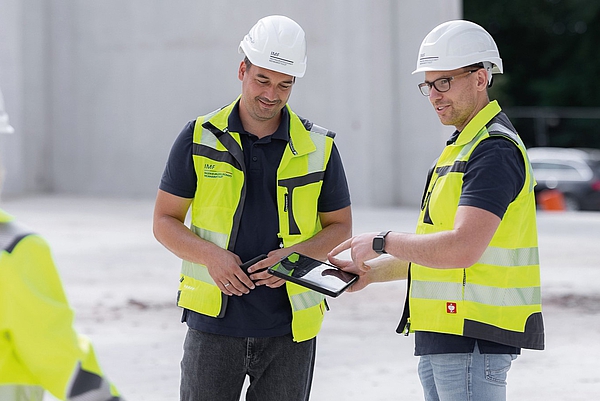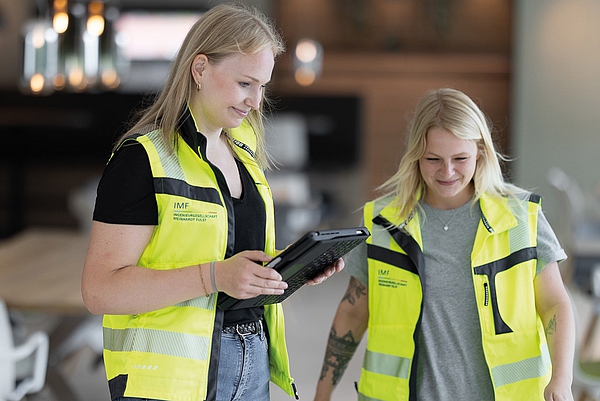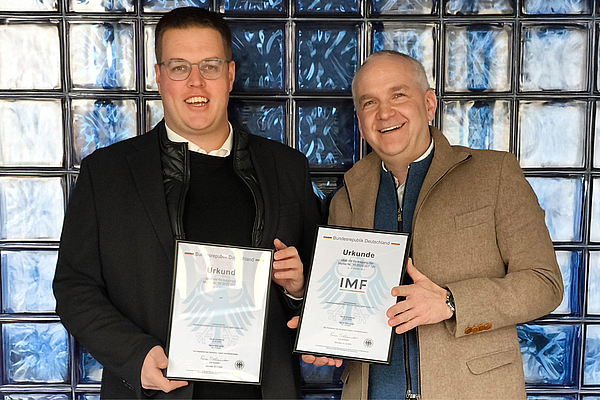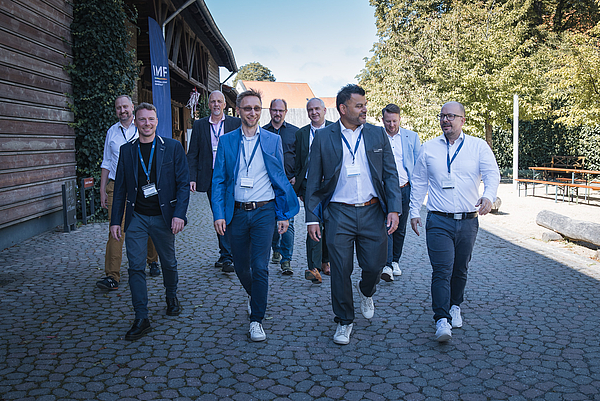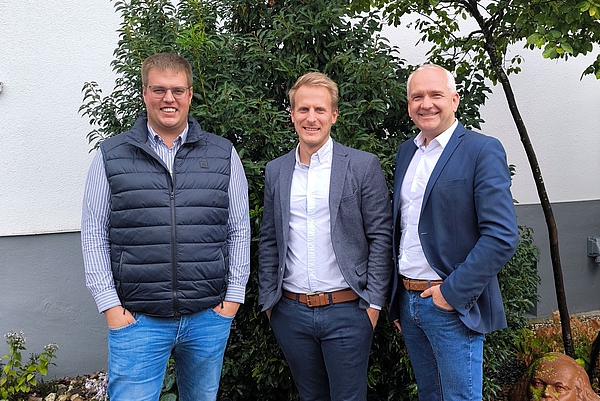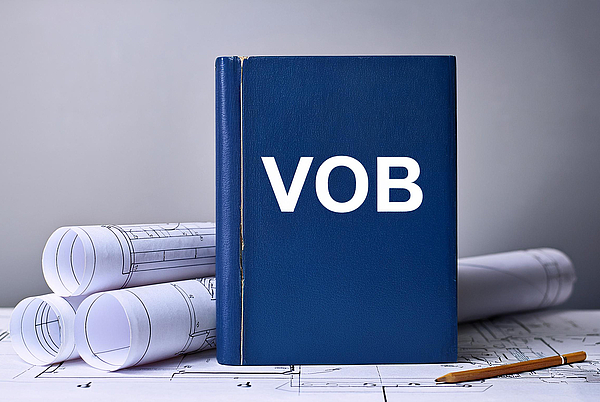What is green engineering?
Green engineering, also known as environmentally friendly engineering, is an approach that aims to develop technological solutions that are environmentally sustainable while remaining economically viable. In the context of MEP, green engineering focuses on designing and implementing energy-saving and resource-conserving systems that minimize the environmental footprint of buildings and processes.
Importance of sustainable technologies in MEPC
Sustainable technologies are of crucial importance for the future of the building services industry. They not only offer ecological benefits, but can also save costs in the long term and increase the efficiency of buildings. By using energy-efficient heating, ventilation and air conditioning (HVAC) systems, LED lighting systems and intelligent building automation, companies can reduce their ecological footprint and optimize their operations at the same time.
Advantages of green engineering in MEPC
Energy efficiency: Green engineering in building services aims to significantly reduce the energy consumption of buildings and processes. By using sustainable technologies such as energy-efficient heating, ventilation and air conditioning (HVAC) systems, LED lighting and intelligent building control, as well as energy-efficient solutions for the technical supply systems of industrial plants, buildings can consume considerably less energy. These technologies optimize the energy flow in the building and in the processes, minimize energy losses and thus contribute to improved energy efficiency. Efficient energy use not only leads to lower operating costs, but also reducesCO2 emissions and thus environmental pollution.
Cost savings: Although the investment costs for green technologies may be higher, they pay for themselves in the long term through significant operational cost savings. By using energy-efficient systems, buildings can experience lower energy costs in the long term. In addition, sustainable technologies often require less maintenance and repairs, which further reduces operating costs. Investing in green engineering therefore pays off not only ecologically, but also economically by offering long-term financial benefits for building owners and operators.
Environmental friendliness: A central aspect of green engineering is its focus on environmental friendliness. By reducing energy consumption and minimizing environmental impact, sustainable technologies in MEP help to reduce the negative impact of buildings on the environment. Less energy consumption and the use of renewable energy sources also mean less dependence on fossil fuels and a reduction in greenhouse gas emissions. In addition, the use of recycled materials and resource-efficient construction processes can further reduce the ecological footprint of buildings. Overall, green engineering in building services promotes a more sustainable use of resources and thus contributes to an environmentally friendly and climate-friendly future.
Examples of sustainable technologies in building services engineering
Building-integrated photovoltaics (BiPV): The use of photovoltaics is already state of the art, successfully demonstrating that the integration of renewable energies and their cost-effectiveness are not mutually exclusive.
The integration of photovoltaic modules directly into the building envelope not only enables the use of renewable energy sources, but also serves as an architectural design element. BiPV systems can cover part of a building's electrical energy requirements and feed surplus energy into the grid, reducing the need to purchase expensive electricity from the grid and cuttingCO2 emissions.
Rainwater harvesting systems: By collecting and reusing rainwater for, for example, toilet flushing, irrigation and other non-potable water applications, fresh water consumption can be significantly reduced. Systems of this type help to conserve water resources and reduce the operating costs of buildings.
Geothermal heat pumps: When geothermal energy is used, the constant high temperature underground is used as a source for a brine/water heat pump to heat buildings. In summer temperatures, cooling is also possible using geothermal energy. For this purpose, the heat from the building is conducted underground. This reduces the need for fossil fuels, lowers operating costs and minimizesCO2 emissions. Geothermal systems are efficient and reliable, making them a sustainable solution for building technology.
Efficient building automation systems: The implementation of intelligent building automation systems enables precise control and monitoring of technical systems in buildings. By integrating sensor technology, data analysis and automation, building operators can optimize energy consumption, improve comfort and reduce operating costs.
Green engineering in energy consulting: Sustainable energy consulting looks at the building in its entirety and identifies the potential for saving energy and resources as well as the ways to implement cost-effective energy measures while taking advantage of individual funding opportunities. This makes energy consulting an important component of green engineering and a key instrument for a climate-friendly future in the building sector.
Conclusion:
Green engineering is an indispensable part of modern building services design and sustainable planning. By integrating sustainable technologies, companies can not only reduce their environmental footprint, but also achieve long-term cost savings. To ensure an environmentally friendly future, it is crucial that the MEP industry focuses on innovative solutions that follow the principles of green engineering.

